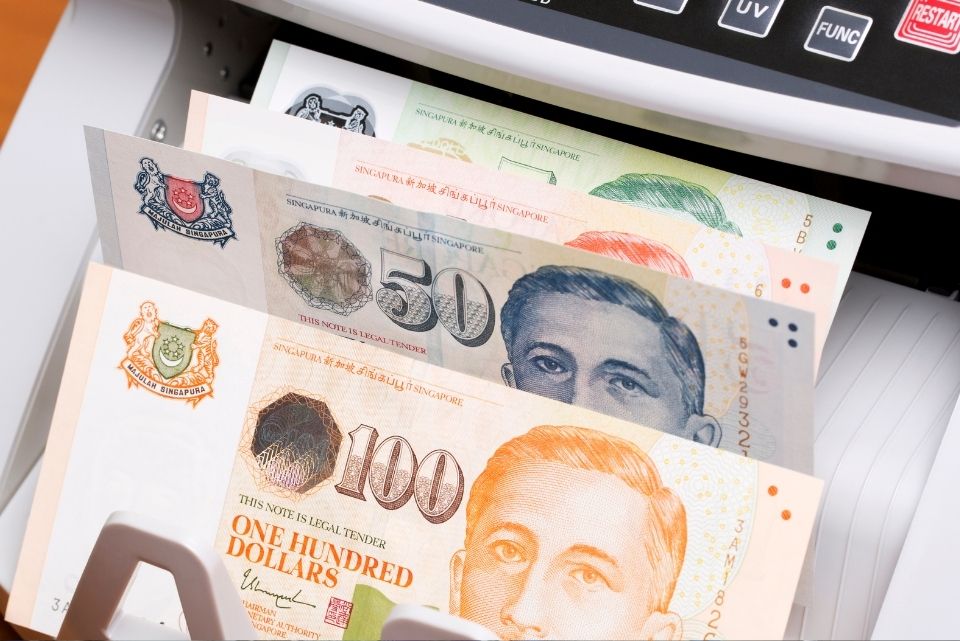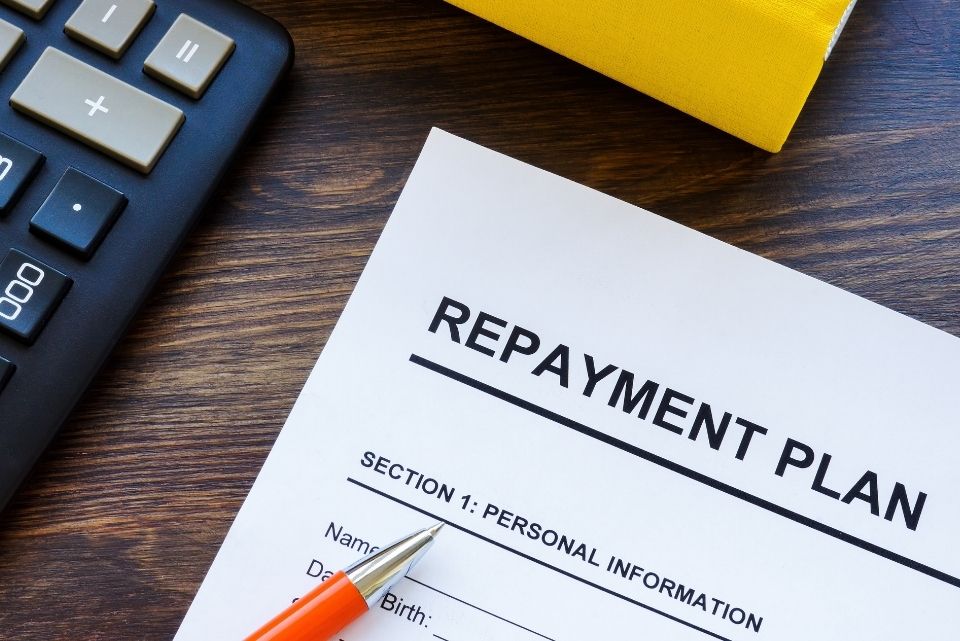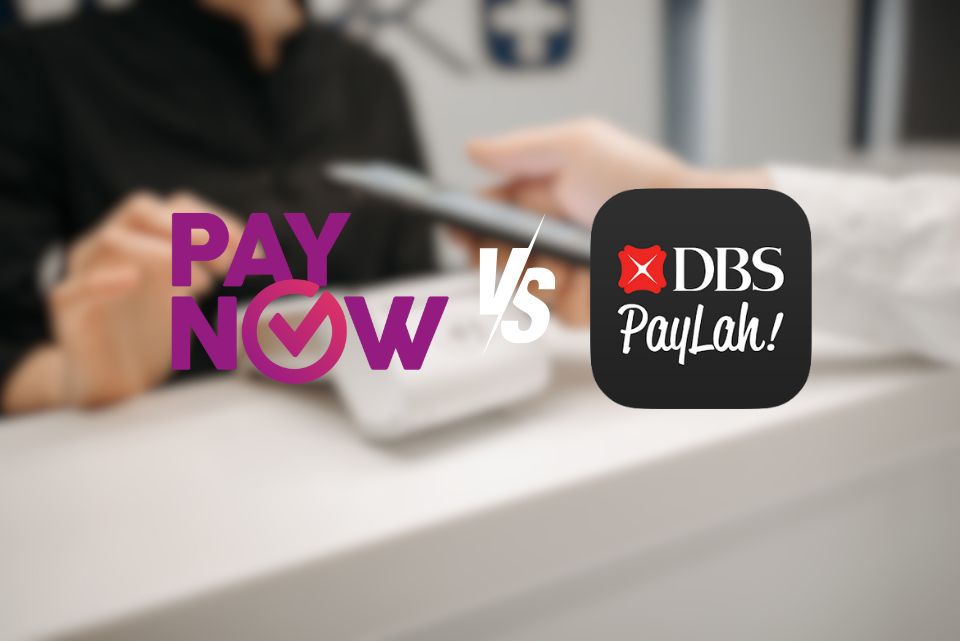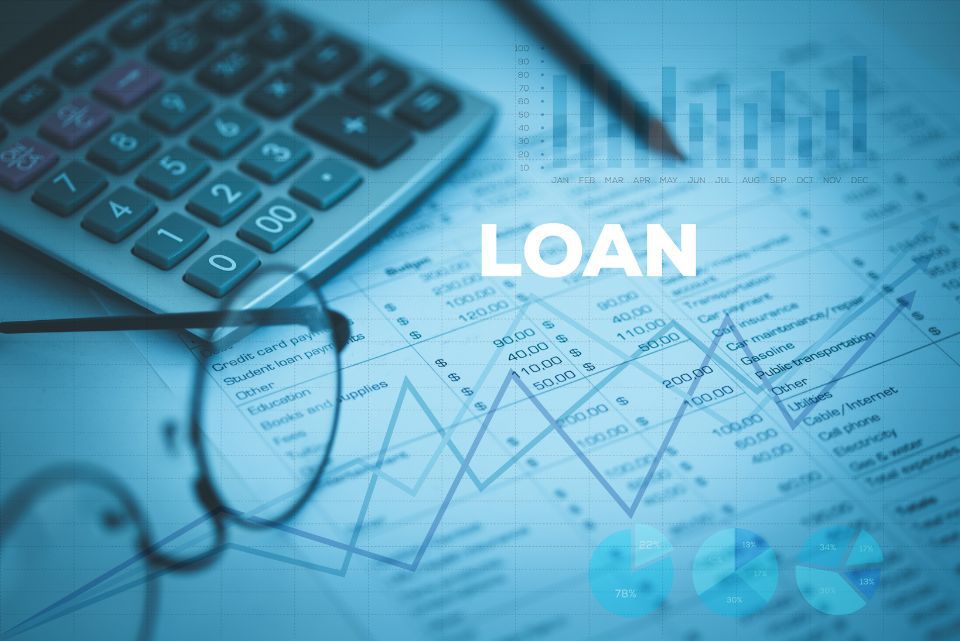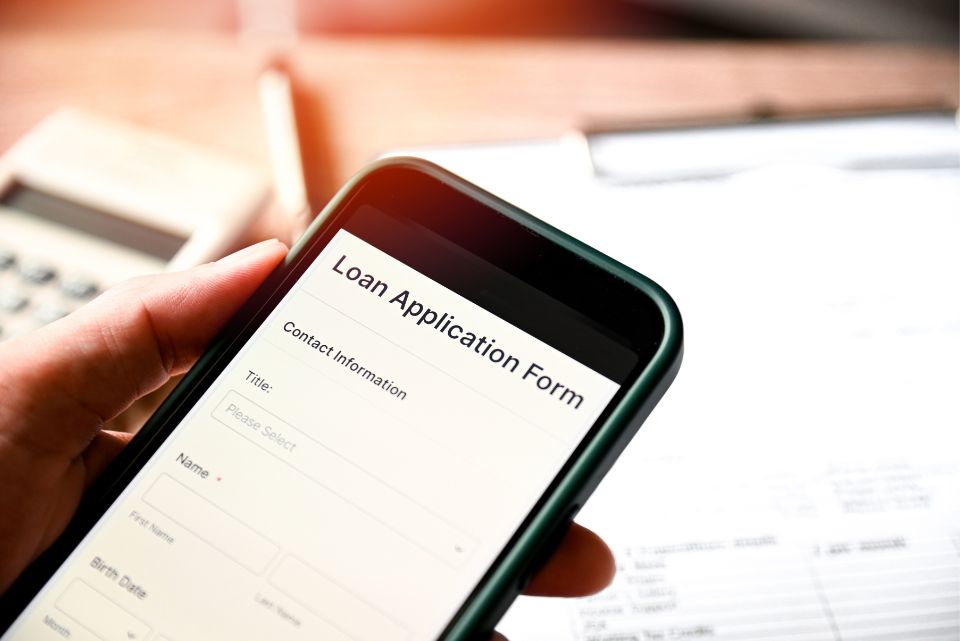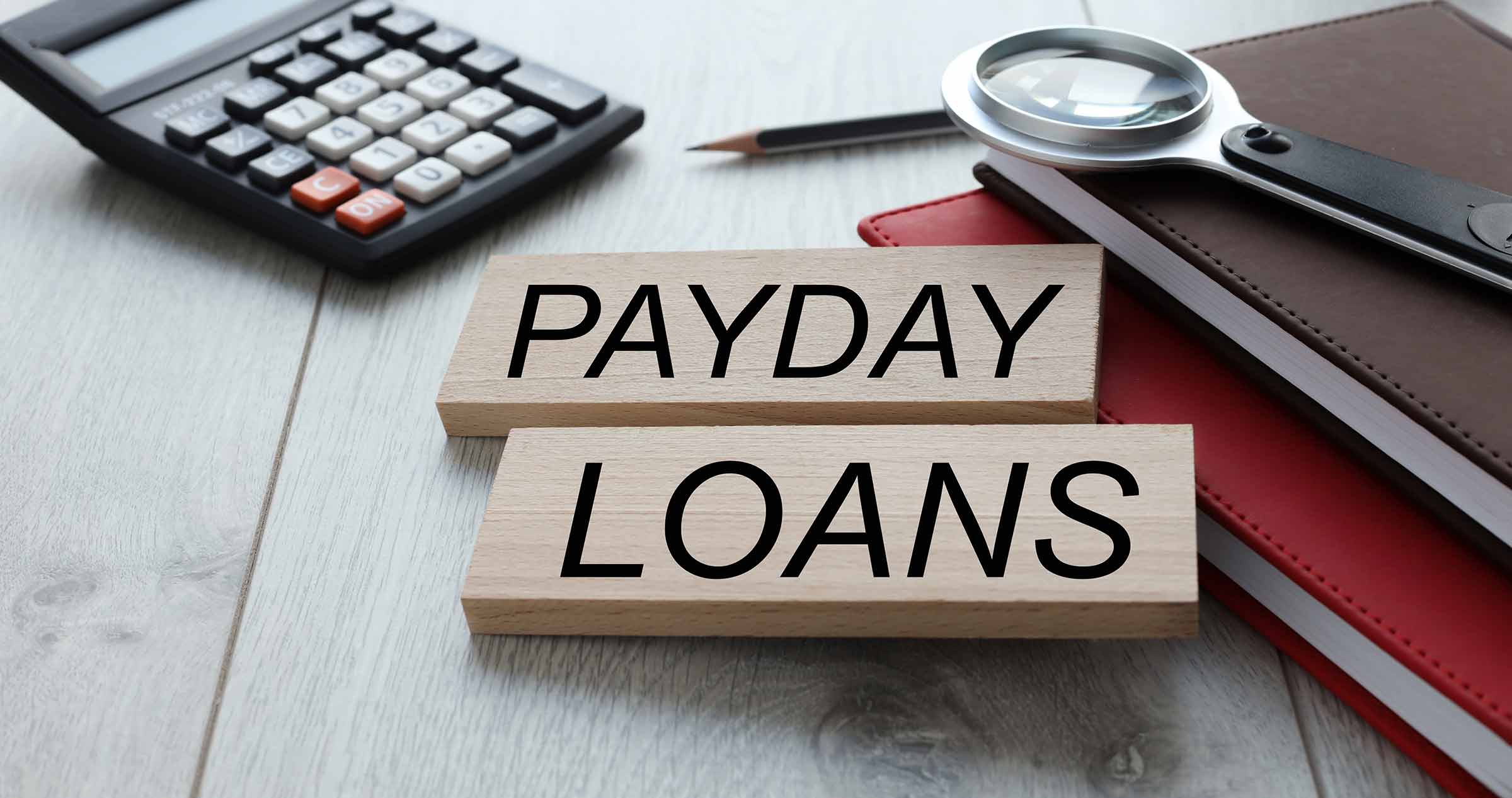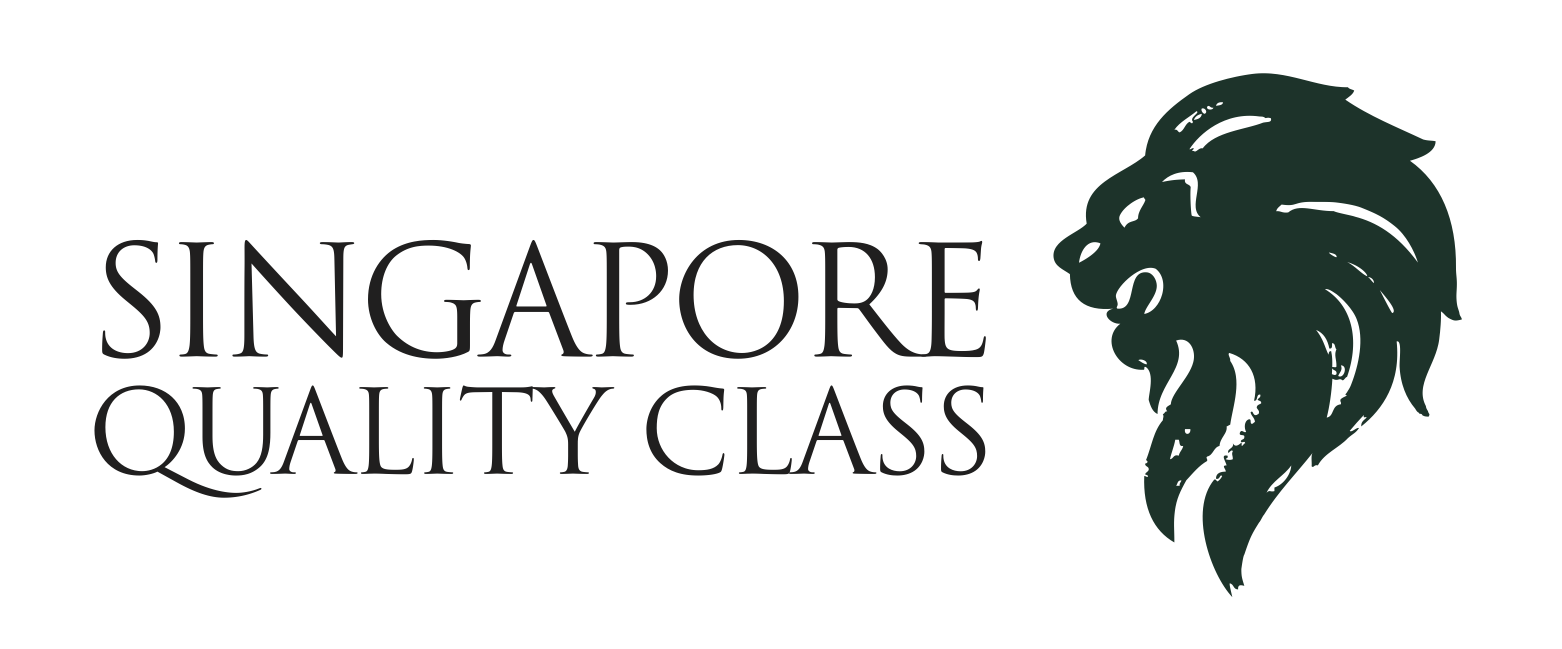
Navigating around personal finance is something interesting, especially if you’re curious whether personal loans are subject to taxes.
If you’re wondering if personal loans are taxable in Singapore, rest assured – we’ve got you covered.
In this article, we are going to discover whether personal loans are subject to taxes. Moreover, let’s find out whether the interests from personal loans are tax deductible.
What Is A Personal Loan?
Before finding out about the taxation aspect of a personal loan, let’s understand what a personal loan is. A personal loan is a form of unsecured loan offered by various financial institutions in Singapore.
This type of loan is used for a variety of purposes, such as for emergencies, home renovation, big purchases, debt consolidation and many others.
Moreover, this is offered at a fixed interest rate and a fixed repayment period.
This is a popular type of loan since, once your loan application is approved, you can quickly get the cash that you need from a bank or licensed money lender. In fact, a licensed lender such as Crawfort can get your loan application approved in minutes.
Looking for the best personal loan in Singapore? Check out the ultimate guide here.
Moreover, if it’s your first time borrowing for a personal loan or you’re just curious if it’s subject to taxes, keep reading.
Are Personal Loans Considered Income?
Income is defined as the financial compensation received in return for one’s service or products.
For individuals, income typically encompasses total earnings, including wages, salaries, returns on investments, pension distributions, and other receipts.
In the case of businesses, income refers to the revenue generated from the sale of services and products, along with any interest and dividends received pertaining to their cash accounts and reserves associated with the business.
From this accounting perspective, a personal loan extended to you does not fall under the category of “income” and is typically not subject to taxation.
The term “income” specifically pertains to earnings derived from work. In contrast to a loan, you don’t earn money through the receipt of a loan; instead, you receive funds that are expected to be repaid.
Consequently, it is generally unnecessary to include the amount of your personal loan on your tax return, as personal loans are typically considered non-taxable.
However, it is advisable to verify this information with the Inland Revenue Authority of Singapore (IRAS) if any uncertainties arise.
But, When Are Personal Loans Taxable?
In general, personal loans are not treated as income. Therefore, it is not taxable.
However, when we based the Tax Treatment of Benefits Relating to Loans from IRAS, there are cases where personal loans are taxable.
Here are the scenarios when personal loans are subject to taxes:
- If an employer or employee acquires a loan from a financial institution, and the employer covers the interest payment, the loan becomes subject to taxation.
- IRAS has the right to impose taxes on interest benefits arising from loans extended to company directors. Taxation applies to the benefits obtained by directors from loans. According to the Income Tax Act, company directors are considered employees, making benefits derived from interest-free or subsidised loans taxable as employment benefits.
- The waiver of the principal sum – the amount waived is subject to taxable considerations.
Calculating Interest Benefits
The computation of interest benefits is determined by the prime interest rate. To streamline the process, IRAS may approve calculations that rely on the outstanding loan amount as of December 31 each year multiplied by the average prime lending rate for that specific year.
In instances where the loan spans less than a full calendar year, the interest benefits will be calculated based on the number of months within that year for which the loans remain outstanding.
Is The Interest On Personal Loans Eligible For Tax Deduction?
Personal loans are unsecured types of credit, with banks and licensed moneylenders offering smaller amounts compared to secured loans due to the absence of collateral.
For unsecured loans, the interest paid is initially calculated based on the loan amount, interest rates, and the repayment period.
In Singapore, interest on personal loans is generally not tax-deductible. Personal loans are considered non-business expenses, and as such, there is no provision for claiming interest or tax relief reduction since it’s not eligible for tax deduction.
However, there is an exception to this rule. If the funds from an unsecured loan are specifically intended for an income-generating project, such as certain businesses or investments, the interest payments may be considered tax-deductible.
It’s noteworthy that, as per the Finance Companies Act in Singapore, all interest received by individuals from deposits made through a legitimate and approved financial organisation or bank is exempted from taxation.
But, When Is Interest From Loans Tax Deductible?
Tax deductions in Singapore vary based on whether they apply to corporate or individual contexts, and there are specific scenarios when interest from loans becomes eligible for deduction.
All payments or income from properties are taxable in Singapore and require declaration in the Income Tax Return (ITR). Housing loans, a type of property loan, are deductible for expenses rather than interest.
This deduction applies to loans taken for income-generating activities or business purposes.
Examples of deductible interest expenses include:
- Business Loans. The interest paid on loans to fund a business is eligible for tax deduction, reducing the business’s taxable income.
- Property Loans. Loans used for acquiring property for rental purposes qualify for tax alignment, with the interest paid on the property loan deductible from the rental income.
- Investment Loans. Interest on loans taken for investing in income-generating assets, such as bonds and stocks, may be tax deductible, in line with the objective of generating investment income.
It’s important to note that specific conditions and rules apply to each type of deductible interest expense, necessitating consultation with a professional. Alternatively, individuals can seek guidance from the Inland Revenue Authority of Singapore (IRAS) for specific information on interest tax situations.
The Bottom Line
In general, personal loans for individual needs are typically not taxable. However, there are certain scenarios when personal loans become taxable based on IRAS.
For instance, this involved employer-provided loans, loans to company directors, and waivers of the principal sum.
Moreover, it’s important to note that interest on personal loans is not considered income and is not tax deductible.
Gaining a clear understanding about personal loan, interest rates and taxation will help you in making responsible borrowing decisions.
If you have further questions regarding taxes and personal loans, it is advisable to seek guidance from a financial advisor. They can provide tailored advice and insights based on your specific financial situation.
But, one thing to remember, personal loans borrowed from licensed lenders are not taxable.
In need of quick cash and want to explore more about personal loan? Reach out to Crawfort today.

























